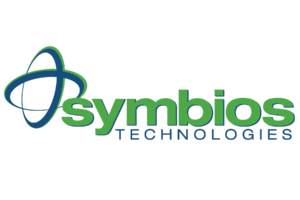Extensive cooling water systems used in thermal power plants are notoriously difficult to maintain because they provide ideal, warm environments for the growth of algae and bacteria. These are known to cause biofouling leading to corrosion and cracking of cooling pipes in heat exchangers, as well as health concerns to employees and nearby neighborhoods.
Currently, consumable disinfection chemicals, such as chlorine bleach, are added into the circulation to inhibit microbial growth. But this expensive practice is hindered when the microbes are protected within surface-adherent biofilms, leading to the need for additional treatment and waste-stream discharge cleanup with additional regulatory issues and expense. A single power plant can spend millions of dollars per year on bleach and on its removal from cooling water prior to discharge into surface waters.
The Symbios TPR4000™ can treat pathogens and organics simultaneously allowing a substantial reduction of chlorine that is currently used to prevent algae and bacteria growth such as sulfate-reducing or iron-related bacteria or disease-causing bacteria such as Legionella. Besides the cost saving in chemicals, Symbios’ TPR technology will mitigate the risk of equipment failure due to corrosion or plugging. Operating the cooling water chemistry at a reduced disinfectant level will also reduce the wastewater treatment cost as well as simplify achieving regulatory limits.
Connect with us!
Want to hear more about how we are creating clean nitrogen fertilizer?
Reach us at info@symbiostechnologies.com
or
